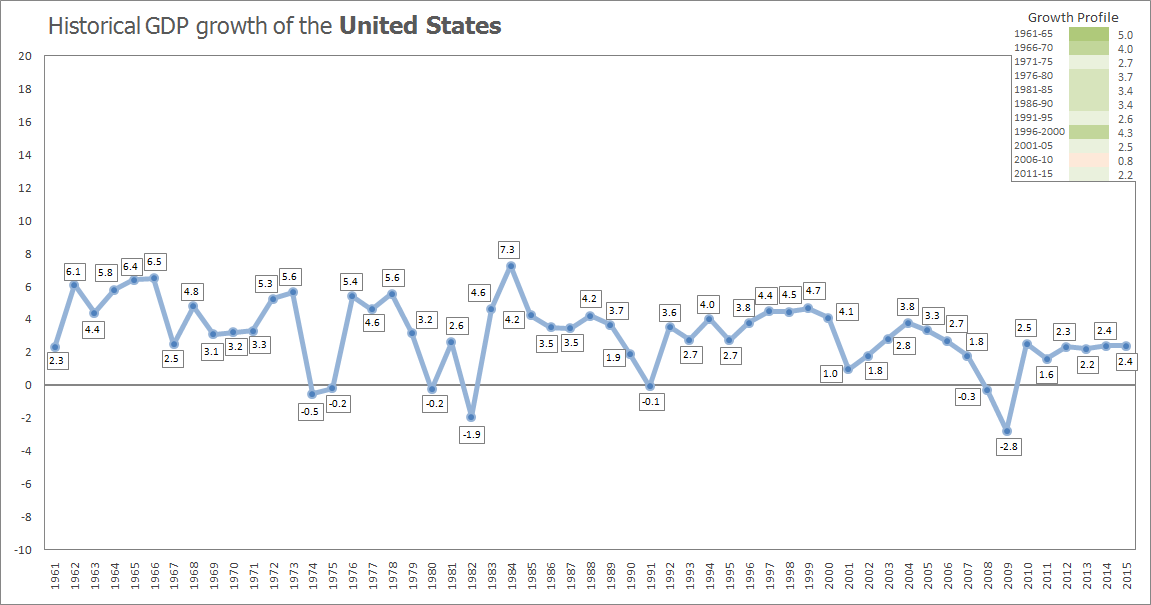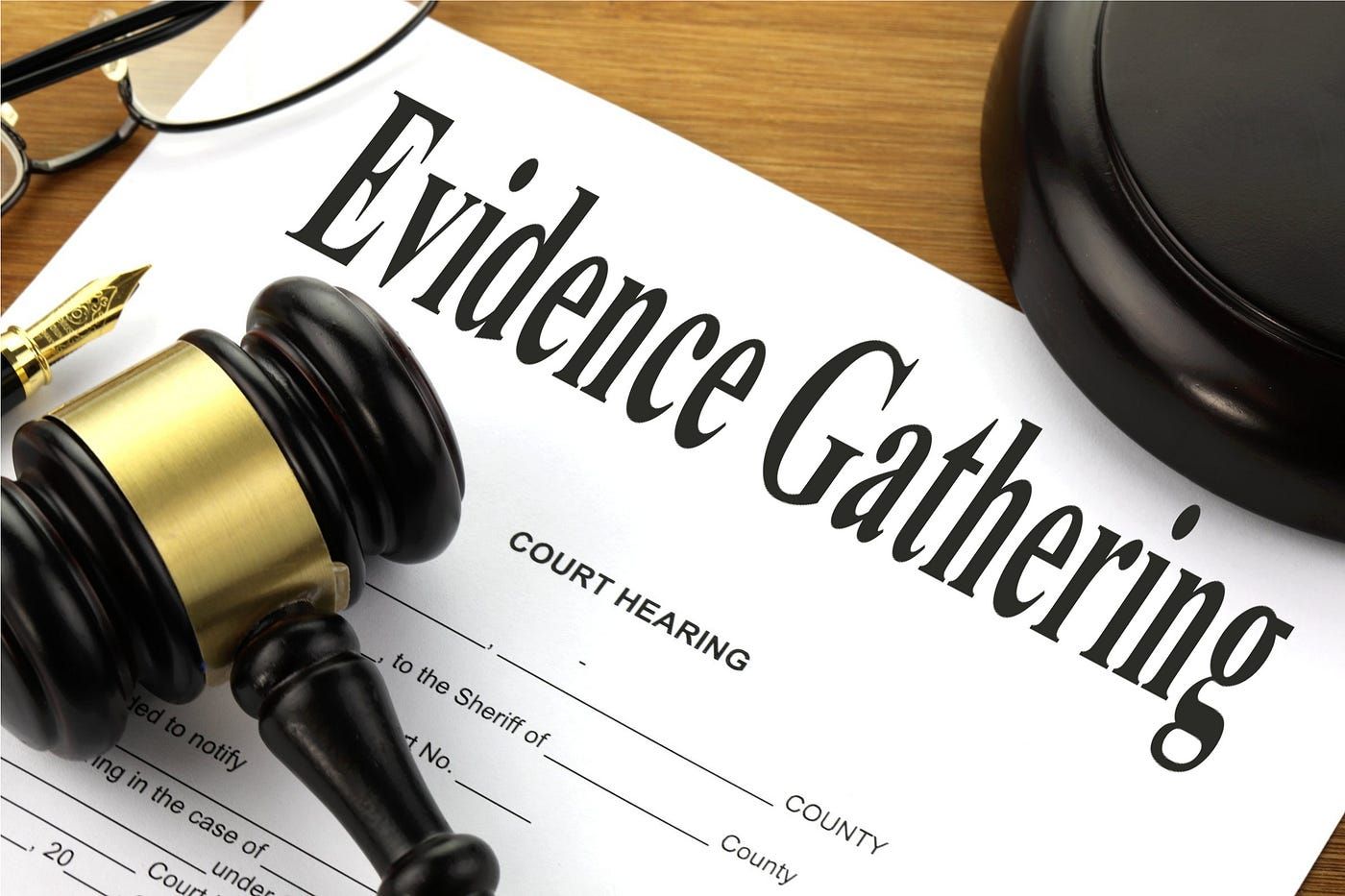
In an era that is increasingly being shaped by ubiquitous technology, the boundaries between personal privacy and the pursuit of what is perceived as truth have become increasingly indistinct, particularly within the intimate sphere of a marriage. The inclination to secretly record a spouse, whether to amass evidence for a contentious divorce or merely to document a difficult conversation, poses a highly charged ethical dilemma that is often accompanied by far – reaching legal consequences. When such recordings are brought to light, the fundamental trust within a relationship can be irreparably damaged, leading to a series of emotional and legal challenges. This situation frequently leaves individuals struggling with feelings of violation and betrayal, while simultaneously navigating a complex network of legal statutes.
Navigating the legal complexities surrounding secret recordings necessitates a thorough understanding of various federal and state laws that govern consent, privacy, and the admissibility of evidence. The ramifications of such actions are extensive, extending beyond the immediate breakdown of relationships to encompass severe civil and criminal penalties, as well as having a substantial impact on the admissibility of any so – called ‘evidence’ in court proceedings. It is a domain fraught with potential hazards, where what appears to be a straightforward act of documentation can rapidly escalate into a serious legal predicament.
This article aims to analyze the multifaceted legal and emotional landscape surrounding secret recordings within marital relationships. By scrutinizing key legal principles, common pitfalls, and potential remedies, it endeavors to offer a lucid and objective overview for anyone facing or contemplating such a delicate issue. Grasping these crucial aspects is of utmost importance for safeguarding one’s rights and making well – informed decisions in highly charged personal circumstances.

1. **The Disruption of Trust: Introduction to Secret Recordings in Marriage** The revelation that one’s spouse has been secretly recording conversations or activities can be profoundly disconcerting, immediately prompting fundamental inquiries regarding trust and boundaries. Such actions frequently precipitate a severe strain on the personal relationship, fostering an atmosphere in which feelings of betrayal, mistrust, and manipulation can swiftly erode any remaining foundation of communication. This surreptitious behavior directly contravenes the implicit understanding of openness and respect that is anticipated within a marital bond, engendering a sense of violation.
Beyond the immediate emotional turmoil, the act of secret recording can result in enduring psychological repercussions for the recorded party, encompassing anger, resentment, and a profound diminishment of trust. The very act suggests a disregard for personal wishes and boundaries, a legitimate catalyst for such negative emotions. Furthermore, if disclosed, engaging in such surveillance can project an image of deceitfulness, potentially undermining credibility in the eyes of others, including legal authorities, irrespective of the recording’s technical legality.
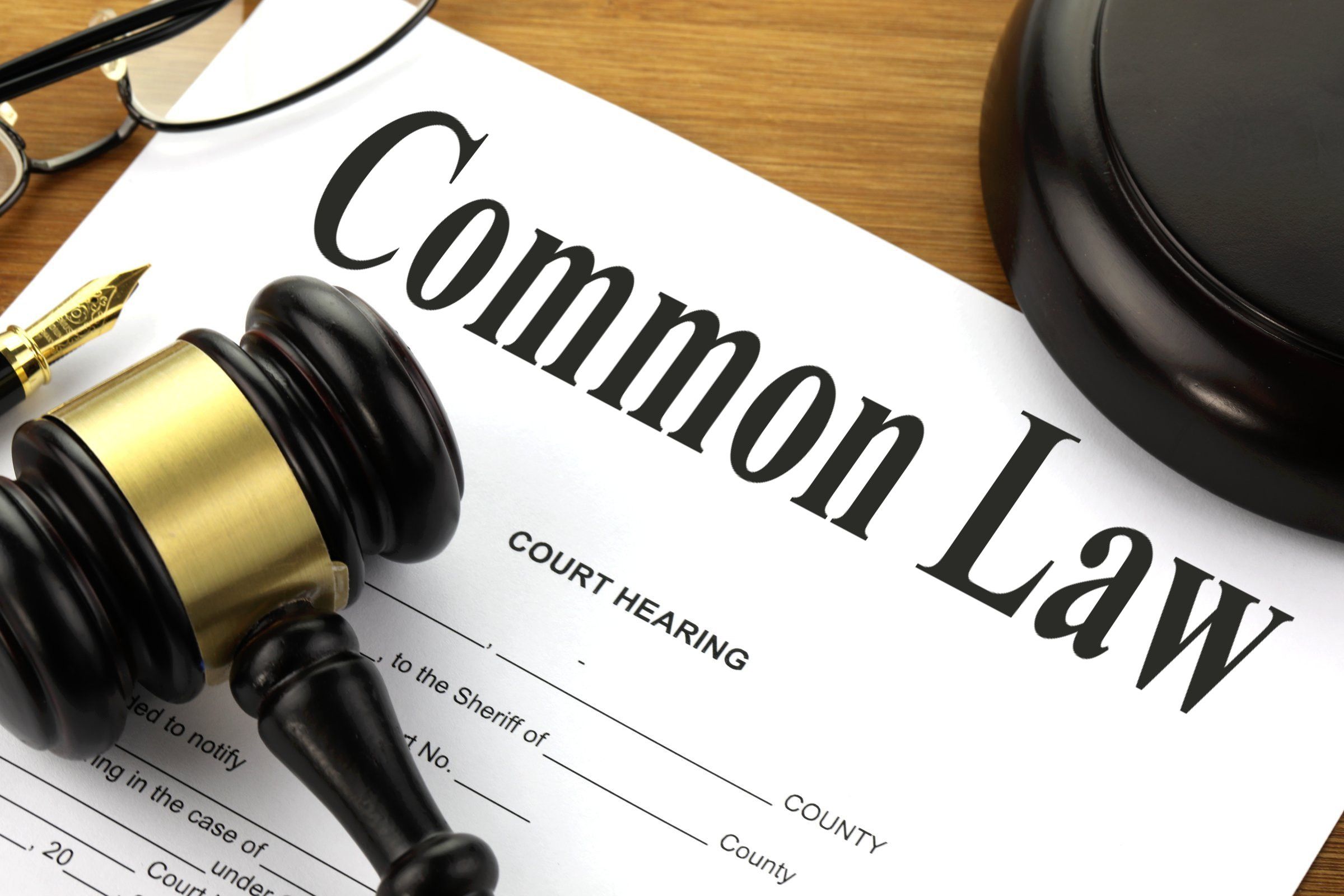
2. **Consent Laws: The Crucial Divide Between One-Party and Two-Party States** The legality of secretly recording an individual, even one’s spouse, is not uniformly established across jurisdictions; rather, it depends significantly on differing consent requirements. A critical distinction exists within the United States legal framework between what are termed one-party consent states and two-party (or all-party) consent states. This distinction fundamentally determines whether a recording is permissible without the explicit knowledge and consent of all involved parties.
In states where one-party consent is the prevailing norm, only one participant in a conversation needs to grant permission for the recording to be deemed legal. This implies that if you are a party to the conversation, you may legally record it without your spouse’s knowledge. Conversely, states adhering to the two-party (or all-party) consent rule require that all individuals involved in the conversation must provide consent to the recording, rendering any unauthorized recording illegal and potentially constituting a felony offense. Understanding the laws of your specific jurisdiction is therefore of utmost importance, as unknowingly violating these statutes can result in severe legal consequences.
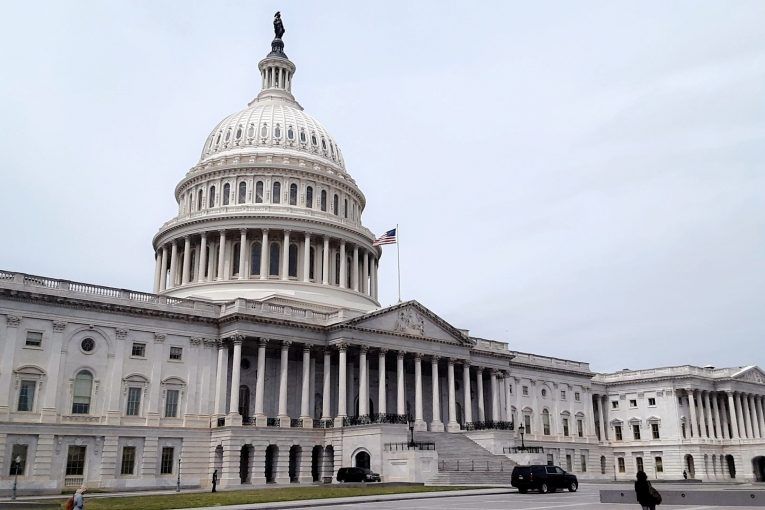
3. **Federal Oversight: Understanding the Wiretap Act (18 U.S.C. 2511)** Adding another layer of complexity to the legal framework regarding recording is the Federal Wiretap Act, codified at 18 U.S.C. § 2511. This act functions as a fundamental federal law regulating the interception of electronic communications, encompassing oral and wire conversations. It generally prohibits the unauthorized interception of such communications unless one party gives consent, thereby establishing a basic federal standard for recording practices across the nation.
Despite the federal permission for one-party consent in numerous contexts, it is imperative to acknowledge that state laws often impose supplementary, frequently more stringent, requirements or restrictions. This implies that while a recording may technically conform to federal law, it could still be unlawful under state statutes. The intricate interplay between federal and state regulations requires meticulous consideration, especially in cases where recorded communications may traverse state boundaries, as this can trigger federal jurisdiction and entail penalties, which may include substantial fines and imprisonment.
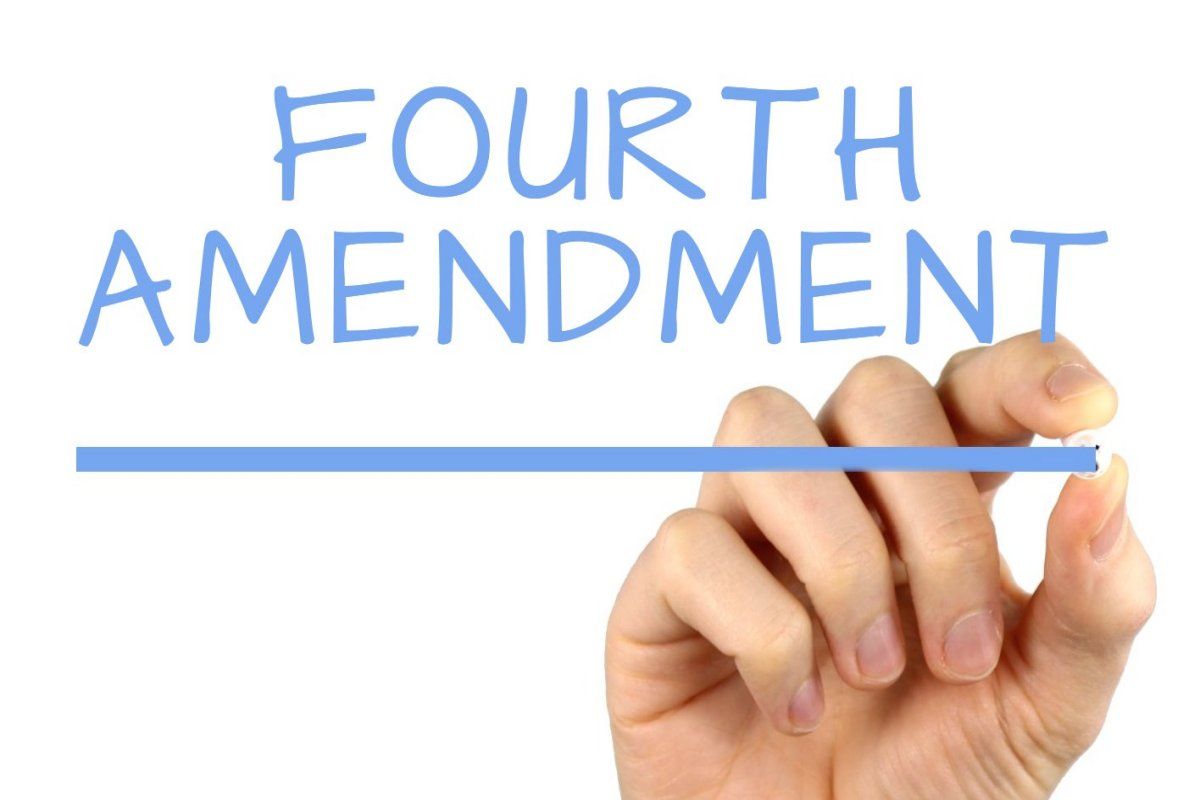
4. **Marital Privacy: When Does the Fourth Amendment Apply to Spouses?** Within the context of marital relationships, the concept of privacy rights emerges as a particularly nuanced legal issue, especially when one partner conducts secret recordings of the other. While the Fourth Amendment to the U.S. Constitution primarily functions to safeguard individuals against unreasonable searches and seizures by government entities, its fundamental principle of an individual’s right to privacy resonates and frequently influences judicial deliberations regarding personal and familial interactions. Courts often evaluate whether a privacy violation has transpired by assessing the reasonable expectation of privacy.
Legal precedents assume a substantial role in shaping the perception and application of privacy in domestic settings. For instance, the landmark Supreme Court case Katz v. United States highlighted the expectation of privacy, a concept that courts may extend to personal relationships between spouses. In ascertaining whether a secret recording constitutes a privacy violation, pivotal factors encompass the specific location where the recording occurred and the intrinsic nature of the interaction being captured. These considerations aid in determining whether the recorded party had a legitimate and reasonable expectation that their communication or activity would remain private.
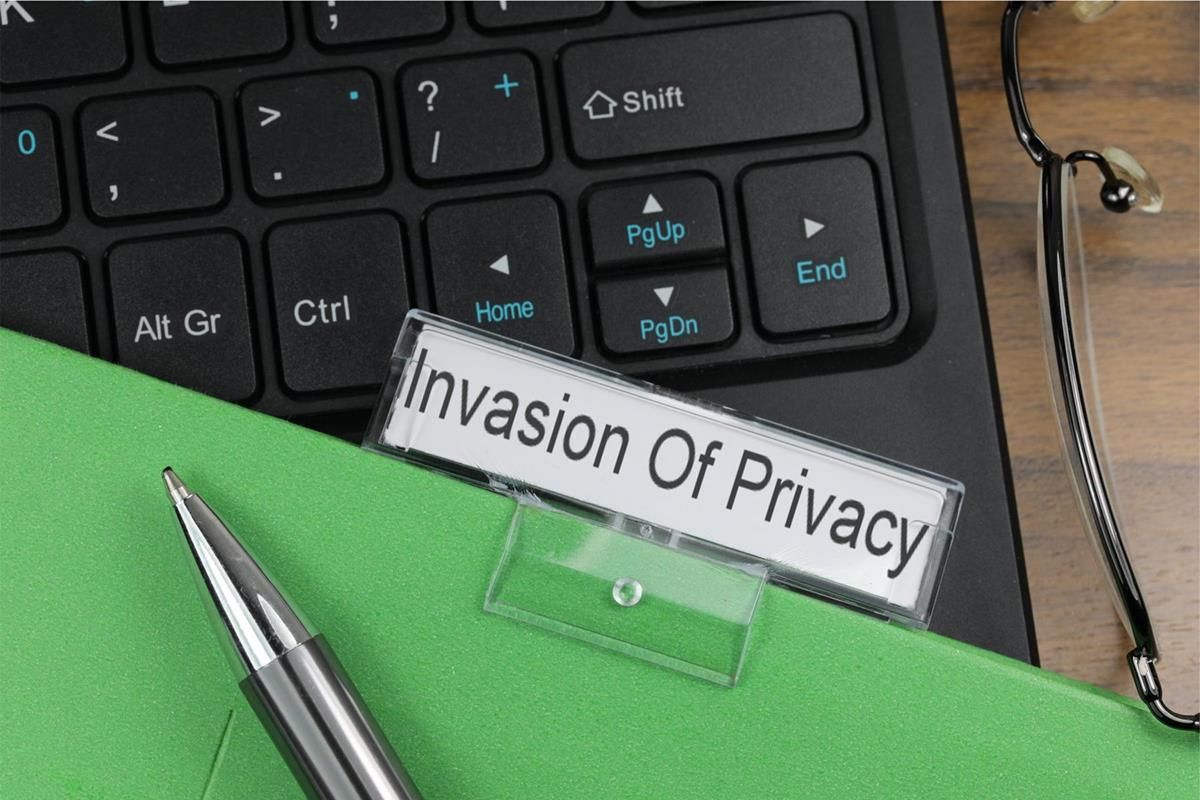
5. **Civil Recourse: Pursuing Claims for Invasion of Privacy** For individuals who find that they have been secretly recorded by their spouse, civil litigation provides a well – structured avenue to address their grievances and seek redress. A common and relevant claim in such cases is invasion of privacy, which offers a legal channel for individuals to pursue damages for what are considered unlawful intrusions into their private affairs. This claim posits that one’s personal space or information has been unlawfully accessed or disclosed without consent.
To successfully prosecute an invasion of privacy claim, plaintiffs are generally required to demonstrate that the intrusion was not only unauthorized but also would be deemed “highly offensive to a reasonable person.” This criterion necessitates a meticulous and comprehensive examination of the specific circumstances surrounding the recording, encompassing the context, location, and the nature of the information obtained. Through civil action, individuals may seek compensatory damages for the emotional distress and harm sustained, thereby providing a means of legal redress against such breaches of personal space.

6. **The Broken Vow: Breach of Trust and Fiduciary Duty in Secret Recordings** Beyond direct violations of privacy, secretly recording a spouse can also fundamentally erode the implicit trust inherent in a marital relationship, thereby establishing a distinct foundation for civil claims. In a union where trust is inherently anticipated, such covert actions constitute a profound violation of this mutual understanding. This breach of trust can serve as an independent legal basis, particularly when the recordings are utilized to secure an unfair advantage in sensitive legal proceedings.
In specific contexts, legal doctrines such as breach of fiduciary duty may also be applicable, especially if one spouse, by means of secret recording, exploits the obtained information to disproportionately benefit themselves in divorce or custody disputes. When such actions are adjudged by the courts to be egregious or manipulative, the courts may opt to award various forms of damages. These may encompass compensatory damages, which are designed to compensate for the losses sustained, or even punitive damages, which are intended to penalize the offending party for particularly malicious or reckless behavior.

7. **Criminal Ramifications: Felony and Misdemeanor Charges** It is essential to acknowledge that secretly recording a spouse entails a substantial potential for criminal charges, with the gravity of these charges being contingent on the specific jurisdiction and the surrounding circumstances. Violations of consent laws concerning the recording of conversations frequently serve as a catalyst for prosecution. State wiretapping statutes typically classify the unauthorized interception of oral communications as either a misdemeanor or a felony, with the precise classification being influenced by factors such as the intent behind the recording and its nature.
Furthermore, federal law, specifically the Wiretap Act, explicitly prohibits unauthorized recordings unless one party grants consent, and its provisions can directly interact with state statutes. This federal supervision becomes particularly pertinent if the recorded communication crosses state lines. Violations of federal recording laws can lead to substantial penalties, including considerable monetary fines and potential imprisonment, clearly reflecting the grave legal significance and public policy concerns associated with unauthorized recordings.
Having delineated the fundamental legal parameters and the inherent trust issues related to secret recordings, the ensuing discussion shifts to the broader implications of these covert actions, particularly with regard to their utility and impact in judicial settings and personal lives. While the initial inclination to document perceived wrongdoings may appear compelling, the transition from secret recording to admissible evidence is replete with legal complexities and often gives rise to an additional layer of emotional distress. Understanding these further consequences and exploring constructive alternatives are of paramount importance for anyone navigating such a delicate situation.
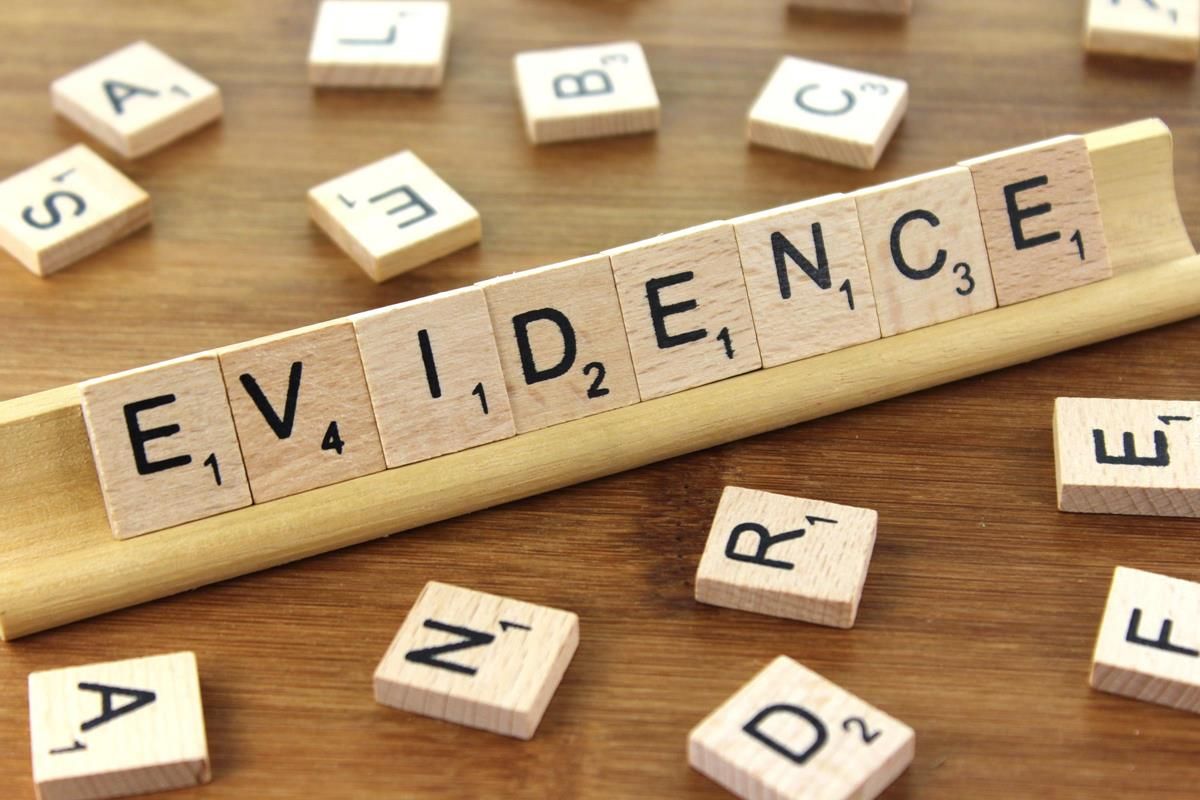
8. **The Admissibility of Recordings as Evidence in Court** The admissibility of secretly recorded conversations as evidence in court proceedings varies considerably, depending heavily on the specific jurisdiction and the contextual subtleties of how the recording was obtained. Courts engage in a meticulous process, balancing the potential evidentiary value of such recordings against the firmly established privacy rights and legal protections granted to individuals. A prevailing principle in this determination is the “fruit of the poisonous tree” doctrine, which generally stipulates that recordings obtained in direct violation of state or federal wiretapping laws are inadmissible, effectively precluding their use in court because they are deemed to be products of illegal means.
In the frequently contentious domain of family law, particularly in divorce or child custody disputes, the question of whether to admit these recordings becomes highly contentious. While a universal standard remains out of reach, some jurisdictions may, under specific and stringent circumstances, authorize the use of such recordings if they are considered to serve the paramount best interests of a child involved in the proceedings, although this particular exception is not uniformly recognized across all legal systems. Therefore, obtaining experienced legal counsel is indispensable for navigating these complex rules of evidence, as an attorney can adeptly assess admissibility and devise alternative methods for substantiating a case should recordings be excluded.
Indeed, the court’s discretion plays a crucial role in the final determination of admissibility. Factors such as whether consent was lawfully obtained, the direct relevance of the recording to the issues at hand, and the precise manner and location in which the recording took place are all critical considerations. Legally obtained recordings are, predictably, far more likely to be admitted as evidence, potentially providing direct testimony of conversations or events, corroborating witness statements, or offering tangible proof of critical statements made. Conversely, recordings obtained without the explicit knowledge or approval of all involved parties are frequently ruled inadmissible, underscoring the necessity of adhering to lawful collection methods.

9. **Risks of Introducing Illegally Obtained Recordings** The decision to introduce illegally – obtained recordings in a court of law entails a plethora of serious consequences that can substantially undermine a litigant’s case and expose them to further legal jeopardy. The penalties for presenting evidence acquired in violation of established legal statutes vary significantly depending on the specific jurisdiction. In certain circumstances, violations of eavesdropping and video – recording laws are not merely civil infractions but can escalate into criminal offenses, potentially punishable by severe penalties, including felony charges, substantial fines, and even terms of imprisonment.
To proactively mitigate these profound potential consequences, it is of absolute necessity for individuals to be fully informed about the specific laws and regulations governing recording practices within their jurisdiction. Consulting with a qualified legal professional is, therefore, of paramount importance; an experienced attorney can offer invaluable insights into the inherent risks associated with introducing recordings obtained unlawfully. By seeking such expert advice, individuals can effectively safeguard their rights and ensure that their case is presented in the most favorable and legally sound manner possible, thereby avoiding pitfalls that could otherwise result in adverse judgments.
Beyond the direct legal repercussions, there also exists a significant risk of negatively affecting one’s standing and credibility in the eyes of the court. Even if a recording is technically admissible, a judge may view a litigant who has engaged in covert recordings as a dishonest or manipulative individual, which can subtly yet powerfully influence judicial discretion and the overall outcome of the case. Introducing such evidence, particularly in family – law matters, can create an unfavorable impression that is difficult to dispel, regardless of the recording’s content.
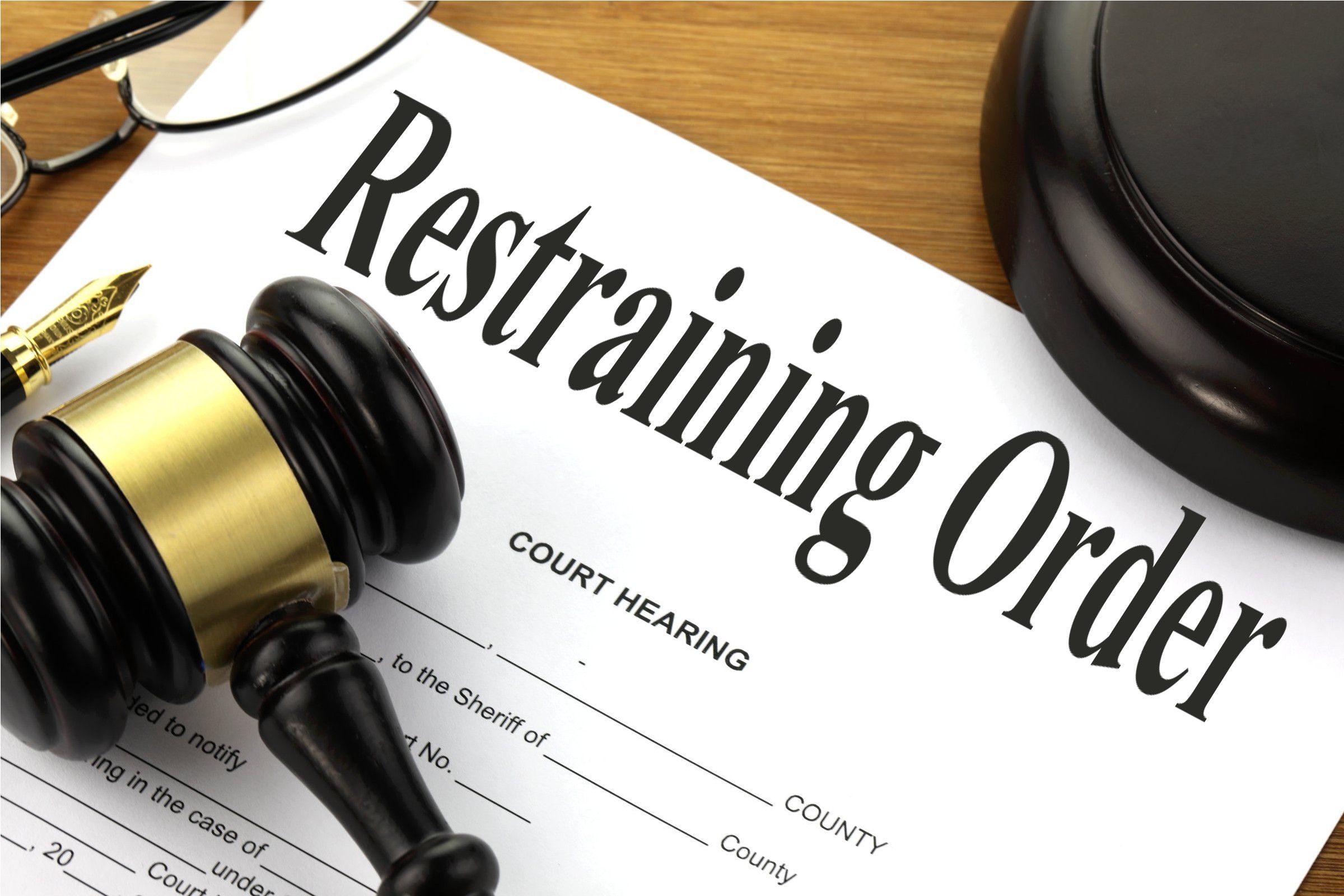
10. **Protective Orders and Injunctive Relief** For individuals who discover that their spouse is secretly engaging in unauthorized recording, securing formal legal protections, such as a protective order or injunctive relief, provides a crucial avenue to prevent further invasions of privacy. Protective orders, typically associated with shielding individuals from harassment or domestic violence, have a broader scope of application and can be effectively employed to address ongoing and unwarranted intrusions into one’s private affairs. Courts are empowered to issue such orders, explicitly prohibiting any further recording activities or the dissemination of any existing illicitly – obtained recordings.
Injunctions, which are judicial directives intended to restrain specific actions, function as another potent legal instrument to halt the use or distribution of such recordings. These legal mechanisms prove particularly valuable in high – stakes scenarios where a spouse might threaten to release recordings as a coercive tactic or leverage in sensitive divorce or custody disputes. To successfully obtain an injunction, the petitioner must typically present compelling evidence demonstrating that the recordings were made without proper consent, constituted a clear violation of privacy, and that the probability of continued harm is substantial without the court’s intervention.
It is imperative to comprehend the gravity of these legal measures: any violation of a protective order or injunction can result in severe legal consequences for the offending party. These penalties may encompass substantial monetary fines, formal charges of contempt of court, or even incarceration. Such stringent measures underscore the legal system’s dedication to providing robust remedies and preventing the perpetuation of harm arising from unauthorized and invasive recording practices, thereby reinforcing the sanctity of personal privacy.
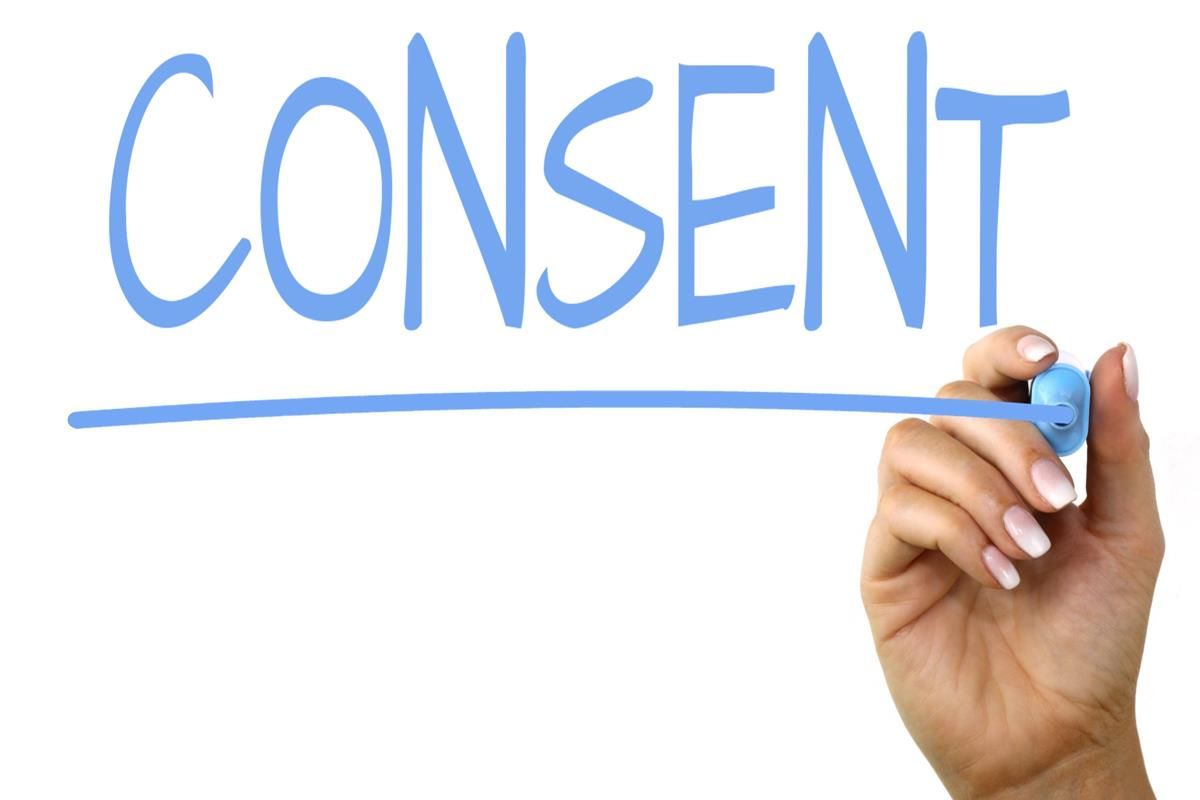
11. **Exceptions to Recording Consent Laws** While the general legal framework rigorously regulates the recording of conversations, particularly mandating consent, it is essential to recognize that specific exceptions exist wherein recording may be allowed without explicit consent. These exceptions, however, are not universal and exhibit significant variation depending on the particular state and the unique circumstances of each case. Common examples of situations in which recording might be permissible include instances where an individual is actively committing a criminal act during the recording, thereby reducing their expectation of privacy in that specific context.
Further exceptions frequently encompass recordings made in public areas where individuals generally have no reasonable expectation of privacy, or recordings of police officers and other public officials while they are performing their official job duties in a public capacity. These allowances embody a legal balance between individual privacy rights and broader public interests or safety concerns. However, it is of utmost importance to acknowledge that these exceptions are narrowly defined and highly fact – specific; what is applicable in one scenario may not be in another, even within the same jurisdiction.
Given the complex and often subtle nature of these exceptions, it is unequivocally recommended that individuals thoroughly acquaint themselves with the precise laws governing their jurisdiction. Obtaining accurate legal advice from an expert is absolutely crucial to understanding the specific applicability of these exceptions to any given situation. It cannot be emphasized enough that secretly recording one’s spouse without knowledge or consent, even with a potential exception in mind, can still result in serious emotional and legal consequences, making a clear understanding of these rules vital for protecting oneself and the relationship.

12. **Emotional Implications of Secret Recordings in Relationships** The discovery that a spouse has engaged in the surreptitious recording of conversations or activities can trigger a cascade of profound and damaging emotional reactions. Individuals frequently report feeling profoundly violated and betrayed, as the act fundamentally undermines the implicit trust and intimacy that constitute the cornerstone of a marital relationship. This clandestine behavior results in a substantial erosion of trust, replacing it with feelings of suspicion and vulnerability. The psychological distress may manifest as anger, resentment, and a profound sense of being manipulated.
Such secret recordings inherently indicate a stark lack of respect for an individual’s personal wishes and boundaries, eliciting a legitimate and comprehensible cascade of negative emotions. The act of clandestine surveillance can cause significant emotional distress within a relationship, directly stemming from the breach of trust it induces, the pervasive sense of betrayal, and a blatant disregard for one’s privacy and consent. This violation creates a deeply unsettling environment where genuine communication becomes exceedingly difficult, if not impossible, due to the lingering doubt and suspicion.
Moreover, the revelation of a secret recording can dramatically transform the power dynamics within a relationship. It often leads to a severe breakdown in communication, fostering feelings of profound manipulation, and fundamentally shifting the balance of power in an unhealthy manner. This can exacerbate existing relationship issues, potentially escalating conflicts and, in some dire circumstances, contributing to an environment conducive to domestic violence. Crucially, from an external perspective, engaging in such covert behavior can cause the recording party to appear dishonest and lacking in credibility, regardless of the recording’s technical legality, potentially leading to accusations of intentionally causing emotional distress and even the issuance of protective orders.
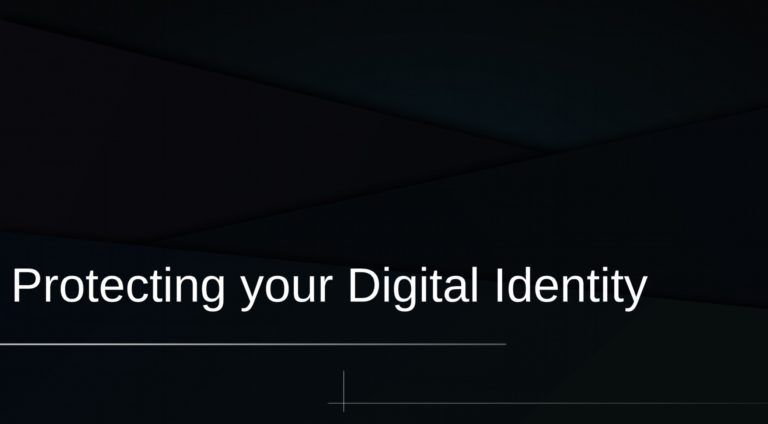
13. **Protecting Digital Privacy and Detecting Surveillance** In an increasingly digital world, safeguarding one’s privacy against unauthorized recordings requires a proactive strategy, encompassing the diligent protection of personal electronic devices and a vigilant awareness of concealed cameras or other monitoring equipment. A primary defense entails establishing robust, complex passwords for all personal devices and accounts, along with ensuring the comprehensive security of these devices to prevent any unauthorized access to one’s communications. Additionally, implementing two – factor authentication for email and other critical accounts offers an additional layer of security, substantially deterring illicit intrusions.
Beyond securing personal devices, it is essential to stay alert to common indicators of potential surveillance. This involves noticing unusual noises or peculiar lights emanating from devices or objects and utilizing specialized detection equipment specifically designed to locate hidden cameras or other covert monitoring devices. Furthermore, a sudden and unexplained decline in device processing speed or the emergence of unfamiliar applications can be telltale signs that one’s location is being tracked through a smartphone or other device. Taking these diligent measures not only protects sensitive personal information but also fortifies a crucial sense of security and autonomy within the relationship.
For enhanced communication security, employing encrypted messaging applications such as Signal or WhatsApp is highly recommended. These platforms implement end – to – end encryption, generating unique public and private cryptographic keys for each user, thereby ensuring that only the intended recipient can decipher and read messages, significantly impeding interception and unauthorized access. Should suspicions of physical surveillance arise, thoroughly inspecting one’s surroundings for unusual items and observing for suspicious behavior are critical initial steps. Common hiding spots for covert cameras and listening devices include seemingly innocuous objects like smoke detectors, air filters, clocks, bookshelves, and power outlets. For vehicles, an automotive expert can aid in detecting tracking or recording devices.
When a surveillance device is discovered, it is imperative to act within legal confines and take appropriate legal actions. This includes promptly familiarizing oneself with the surveillance and privacy laws applicable in the specific jurisdiction, carefully collecting evidence of the device, and thoroughly documenting the circumstances of its discovery. It is often advisable to involve law enforcement by reporting the incident to the relevant authorities. Crucially, seeking legal counsel from an attorney who can meticulously evaluate the facts of the case is of utmost importance before taking any action such as removing or disabling the devices, even if legally permissible, ensuring all actions safeguard one’s legal rights while effectively addressing the privacy breach.
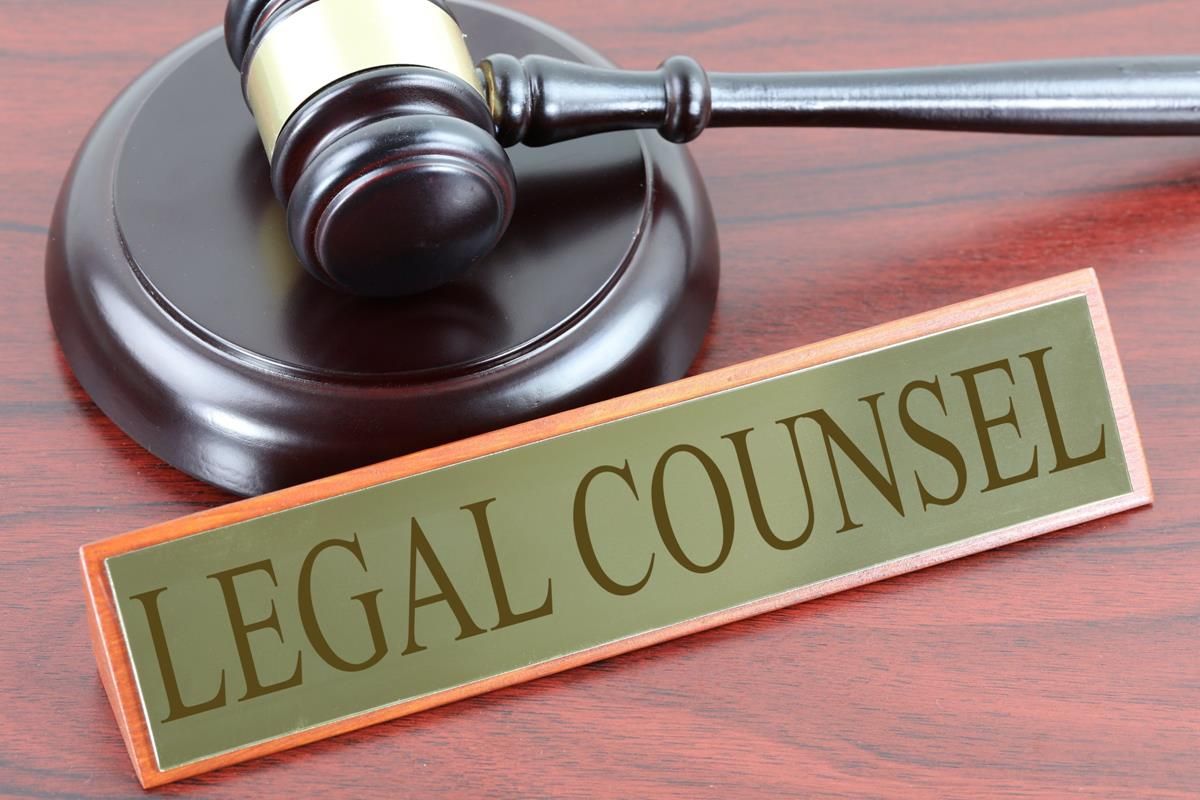
14. **Constructive Alternatives: Legal Counsel and Marriage Counseling** When confronted with marital discord, particularly situations that might incline one toward clandestine recordings, adopting constructive alternatives such as seeking legal counsel and participating in marriage counseling provides avenues that prioritize both legal protection and relationship well – being. Engaging a divorce lawyer, for instance, offers a crucial safeguard for one’s rights, ensuring access to appropriate legal remedies. A lawyer can provide indispensable advice on the legal aspects surrounding spouse recordings, elucidate potential consequences, and, crucially, recommend alternative, lawful methods for collecting evidence relevant to divorce proceedings.
Beyond the strategic legal guidance, a lawyer’s involvement can also help mitigate any potential damage to divorce proceedings that may have inadvertently arisen from surreptitious recordings. By facilitating collaboration with the spouse’s legal representative, or directly with the spouse if unrepresented, a divorce lawyer can strive to achieve the most favorable outcome for the case while strictly adhering to legal and ethical standards. This professional legal assistance ensures that all actions taken are well – informed and strategically sound.
In addition to legal channels, marriage counseling offers a far more constructive approach to resolving disputes and fostering healthier relationship dynamics. By providing a safe and neutral environment for uninhibited communication and conflict resolution, counseling significantly reduces the perceived need for secret recordings. It actively promotes a more trusting and supportive partnership by assisting couples in developing active listening skills and establishing an open communication space. Investing in marriage counseling enables couples to jointly address the root causes of their issues, cultivate beneficial interaction patterns, and ultimately build a stronger, more trusting relationship, thereby eliminating the destructive cycle of covert surveillance as a means of control or evidence gathering.
Navigating the complex legal and emotional terrain surrounding secret recordings in a marriage is undeniably a challenging and perilous endeavor, fraught with potential emotional repercussions and serious legal consequences at every step. It is a domain where the pursuit of perceived truth can quickly degenerate into a profound breach of trust, potentially portraying one as dishonest and undermining credibility, even when the recording itself might technically be within legal bounds. By thoroughly understanding the intricate interplay of federal and state recording laws, proactively seeking expert legal guidance, and consciously considering constructive alternatives for resolving disputes and protecting personal privacy, individuals can regain control over their circumstances. This informed and deliberate approach can pave the way for fostering healthier, more transparent, and ultimately more trusting relationships, transforming potential conflict into an opportunity for growth and resolution.

